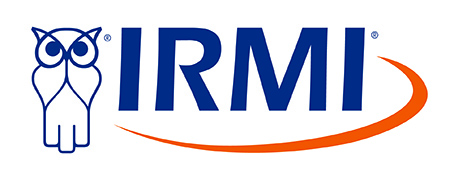Using omnibus named insured wording—like “ABC, Inc. and all subsidiaries and affiliates”—to identify the named insureds is not fool-proof! Check out a tip from IRMI on this topic, plus two others.
IRMI has a staff of experts, but we also showcase the expertise of industry practitioners like you. Here are three practical commercial lines tips from risk and insurance professionals working in the trenches:
1) Make sure all entities are actually insured. Be certain that all entities intended to be insured are actually insured, advises Mark Forsythe of Insurance Audit and Inspection Company.
Often, instead of listing each insured entity by name, language uses wording that is intended to encompass all of them—such as “ABC, Inc., and its owned, controlled, associated, affiliated companies, corporations, or partnerships, including subsidiaries of any of the foregoing.”
If the policy defines the term “subsidiary,” as is often the case with directors & officers liability, employment practices liability, and fiduciary liability policies, review the definition closely. For an entity to qualify as a subsidiary, the definition may require more than 50% stock ownership, the right to elect or appoint the board of directors, managerial control, or the responsibility to place insurance.
Note, too: Associated or affiliated companies may not be covered unless they are scheduled by endorsement; appropriate limited liability company wording may be lacking; and coverage on partnerships may be limited to your organization's interest. Remember that joint ventures are not automatically covered.
2) Use caution with disclosure requirements. Specialty liability policies may impose strict reporting requirements for known incidents or wrongful acts, explains risk management consultant James R. Mahurin. Disclosure requirements often appear in applications for renewal or replacement policies, as well.
Coverage may be jeopardized if this information is not properly reported. But the individuals most likely to know about incidents or adverse situations are commonly unaware of these reporting and disclosure requirements.
One solution is to provide a letter for each individual meeting with the insured, well in advance of the policy renewal dates. The letter should describe the coverage provided and the requirement for reporting a known incident, as well as a request to report any incident or adverse situation that may be a problem in the future.
3) Recognize risks of opting out of workers comp coverage. In most states, company owners and executive officers can choose to opt out of, or not opt into, workers compensation coverage. But their health insurance may not pick up their work-related medical claims, warns Brent Winans of Clear Advantage Risk Management.
Those who have health insurance through their own company's group insurance policy can usually arrange coverage for work-related injuries under that policy. But if the company owners and executive officers are insured under their spouses’ health insurance, those policies almost always contain a work-related injury exclusion. Those who exempt themselves from workers comp may be setting themselves up for medical bill bankruptcy and limited medical treatment options.
To get more tips like these, download the free white paper “25 Risk Conquering Ideas” from IRMI.

